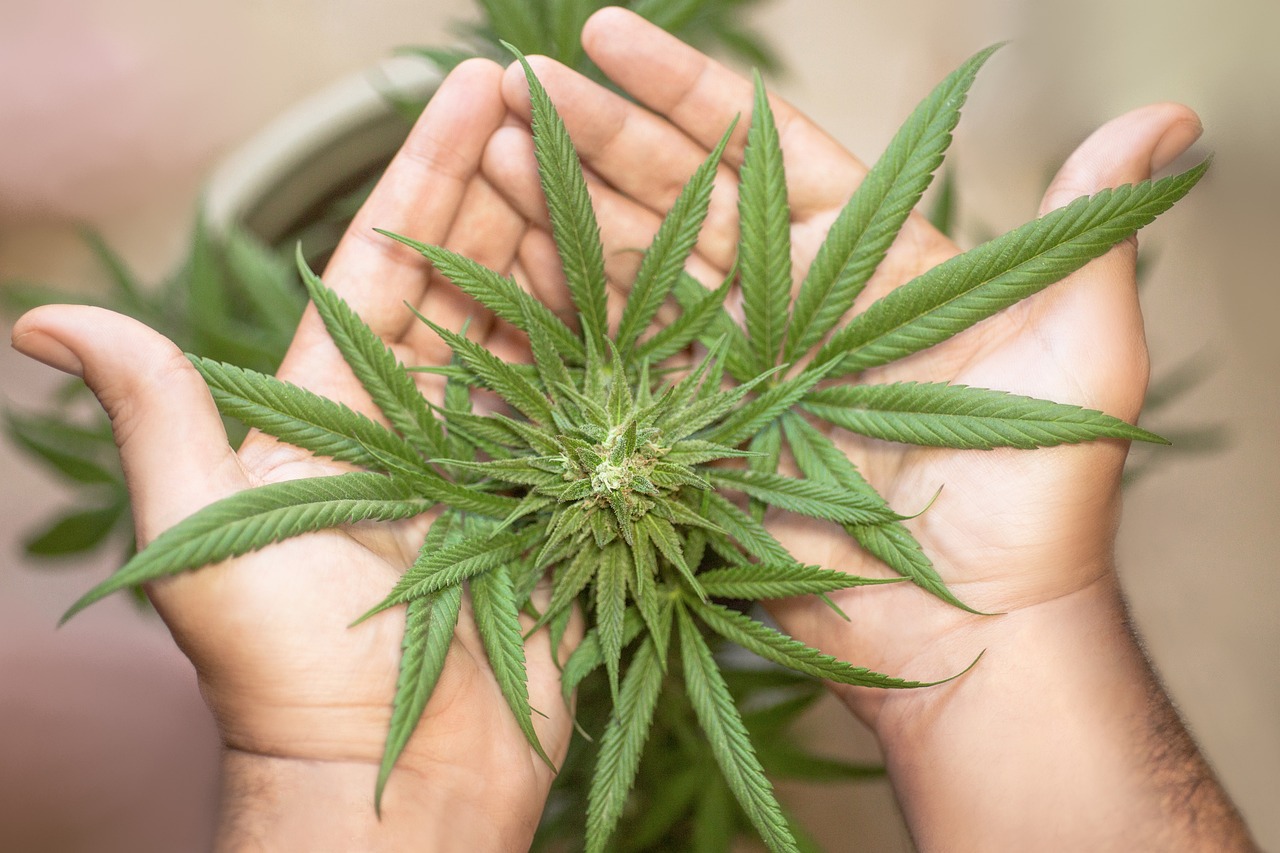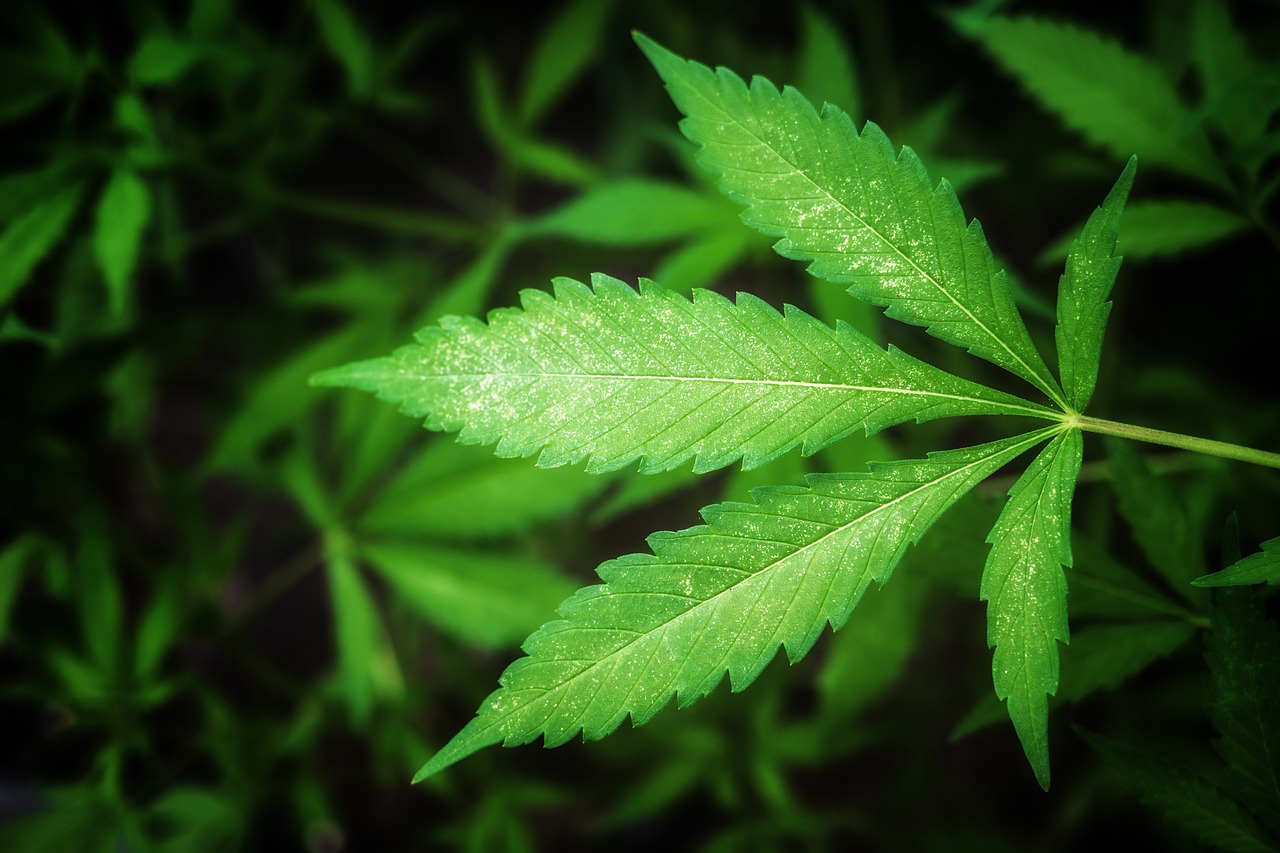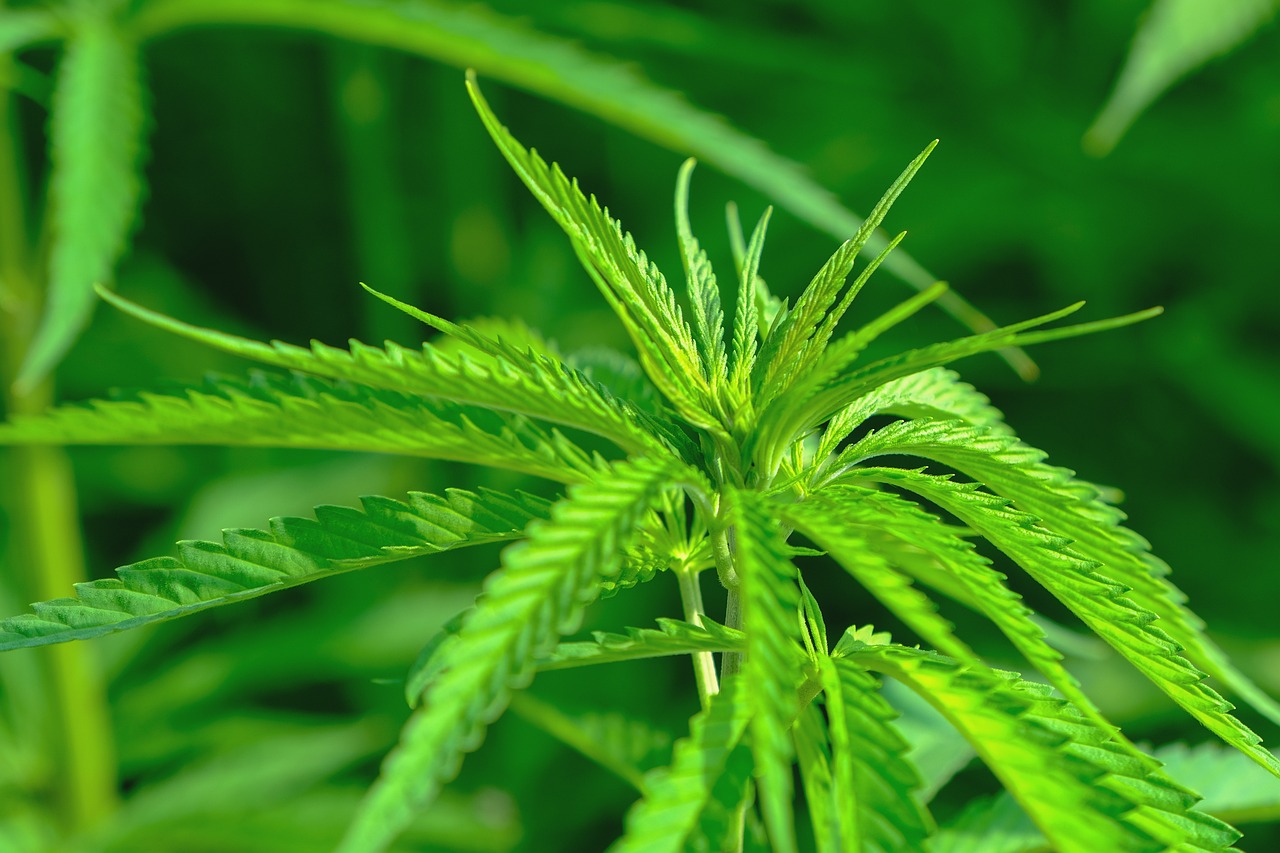In recent years, the exploration of cannabis and its derivatives has gained significant momentum. Among the various compounds found in cannabis, THCA (tetrahydrocannabinolic acid) has emerged as a subject of interest for its potential therapeutic benefits. Unlike THC, THCA is non-psychoactive, making it an appealing option for those seeking relief without the high. This article delves into the therapeutic benefits of THCA flower, supported by research, examples, and case studies.
Understanding THCA
THCA is a naturally occurring compound found in raw and live cannabis plants. It is the precursor to THC, the compound responsible for the psychoactive effects of cannabis. When cannabis is heated through smoking, vaping, or cooking, THCA flower effects on sleep is converted into THC. However, when consumed in its raw form, THCA does not produce any psychoactive effects.
How THCA Works
THCA interacts with the body’s endocannabinoid system, which plays a role in regulating various physiological processes. It binds to receptors in the brain and immune system, potentially influencing pain perception, inflammation, and other bodily functions. This interaction is believed to contribute to its therapeutic properties.
Potential Health Benefits of THCA
Research into THCA is still in its early stages, but preliminary findings suggest several potential health benefits:
- Anti-inflammatory Properties: THCA may help reduce inflammation, making it a potential option for conditions like arthritis and inflammatory bowel disease.
- Neuroprotective Effects: Some studies indicate that THCA may have neuroprotective properties, which could be beneficial for neurodegenerative diseases such as Alzheimer’s and Parkinson’s.
- Anti-emetic Effects: THCA has shown promise in reducing nausea and vomiting, particularly in patients undergoing chemotherapy.
- Appetite Stimulation: THCA may help stimulate appetite, which can be beneficial for individuals with conditions that cause appetite loss.
Case Studies and Research
Several case studies and research efforts have highlighted the potential of THCA in therapeutic applications. For instance, a study published in the British Journal of Pharmacology found that THCA exhibited anti-inflammatory effects in animal models. Another study in the Journal of Neuroimmune Pharmacology suggested that THCA might have neuroprotective properties, offering hope for patients with neurodegenerative disorders.
THCA vs. THC: A Comparison
While both THCA and THC are derived from the cannabis plant, they have distinct differences:
- Psychoactivity: THCA is non-psychoactive, whereas THC is known for its mind-altering effects.
- Legal Status: In many regions, THCA is legal, while THC is subject to stricter regulations.
- Consumption Methods: THCA is typically consumed in raw form, such as in smoothies or salads, while THC is often consumed through smoking or edibles.
Methods of Consuming THCA Flower
There are various ways to incorporate THCA flower into one’s routine:
- Raw Consumption: Adding raw cannabis leaves or flowers to smoothies or salads is a popular method.
- Juicing: Juicing raw cannabis is another way to consume THCA without converting it to THC.
- Tinctures and Oils: Some products are specifically designed to preserve THCA, offering a convenient way to consume it.
Legal Considerations
The legal status of THCA varies by region. In some areas, it is considered legal due to its non-psychoactive nature. However, it’s important to be aware of local laws and regulations regarding cannabis and its derivatives.
Conclusion
THCA flower presents a promising avenue for therapeutic applications, offering potential benefits without the psychoactive effects associated with THC. While research is still ongoing, early findings suggest that THCA may have anti-inflammatory, neuroprotective, and anti-emetic properties. As interest in cannabis-based therapies continues to grow, THCA stands out as a compound worthy of further exploration. Whether through raw consumption or specialized products, THCA offers a unique approach to harnessing the potential of cannabis for health and wellness.



